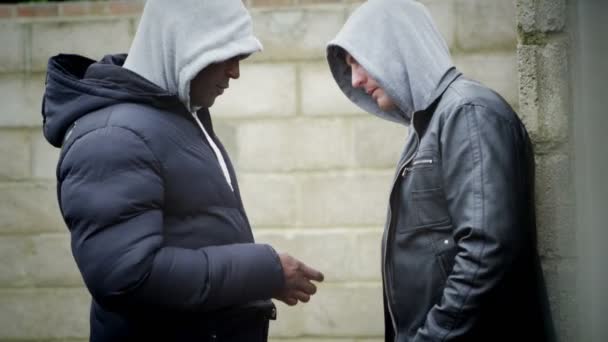The creation of, sale of, or possession with intent to sell or deliver a counterfeit controlled substance are all crimes in North Carolina. We have broken these crimes down below. Please note that these crimes are to be distinguished from crimes involving actual drugs where a portion of the drug is counterfeit.
Like all our blogs, this blog is intended for general informational purposes only and is not intended as a substitute for the advice and counsel of a criminal defense attorney.
Creating a counterfeit controlled substance
A person is guilty of this offense if they knowingly create a counterfeit controlled substance. This crime is punished as a Class I felony.
Sale or delivery of a counterfeit controlled substance
A person if guilty of this offense if they knowingly sell or deliver a counterfeit controlled substance to another person. This crime is punished as a Class I felony.
Possession of a counterfeit controlled substance with intent to sell or deliver
A person is guilty of this offense if they knowingly possess a counterfeit controlled substance with the intent to sell or deliver it. This crime is punished as a Class I felony.
Knowingly
For purposes of the aforementioned crimes, the statute does not require that a defendant knowingly misrepresent a counterfeit controlled substance as an actual controlled substance. The defendant need not have specific knowledge that the substance is counterfeit to be found to have intentionally represented the substance as a controlled substance.
Counterfeit controlled substance
Counterfeit controlled substance is governed by N.C.G.S. 90-87 (6) which defines a counterfeit controlled substance as:
- A controlled substance which, or the container or labeling of which, without authorization, bears the trademark, trade name, or other identifying mark, imprint, number, or device, or any likeness thereof, of a manufacturer, distributor, or dispenser other than the person or persons who in fact manufactured, distributed, or dispensed such substance and which thereby falsely purports, or is represented to be the product of, or to have been distributed by, such other manufacturer, distributor, or dispenser; or
- Any substance which is by any means intentionally represented as a controlled substance. It is evidence that the substance has been intentionally misrepresented as a controlled substance if the following factors are established:
- The substance was packaged or delivered in a manner normally used for the illegal delivery of controlled substances.
- Money or other valuable property has been exchanged or requested for the substance, and the amount of that consideration was substantially in excess of the reasonable value of the substance.
- The physical appearance of the tablets, capsules or other finished product containing the substance is substantially identical to a specified controlled substance.

